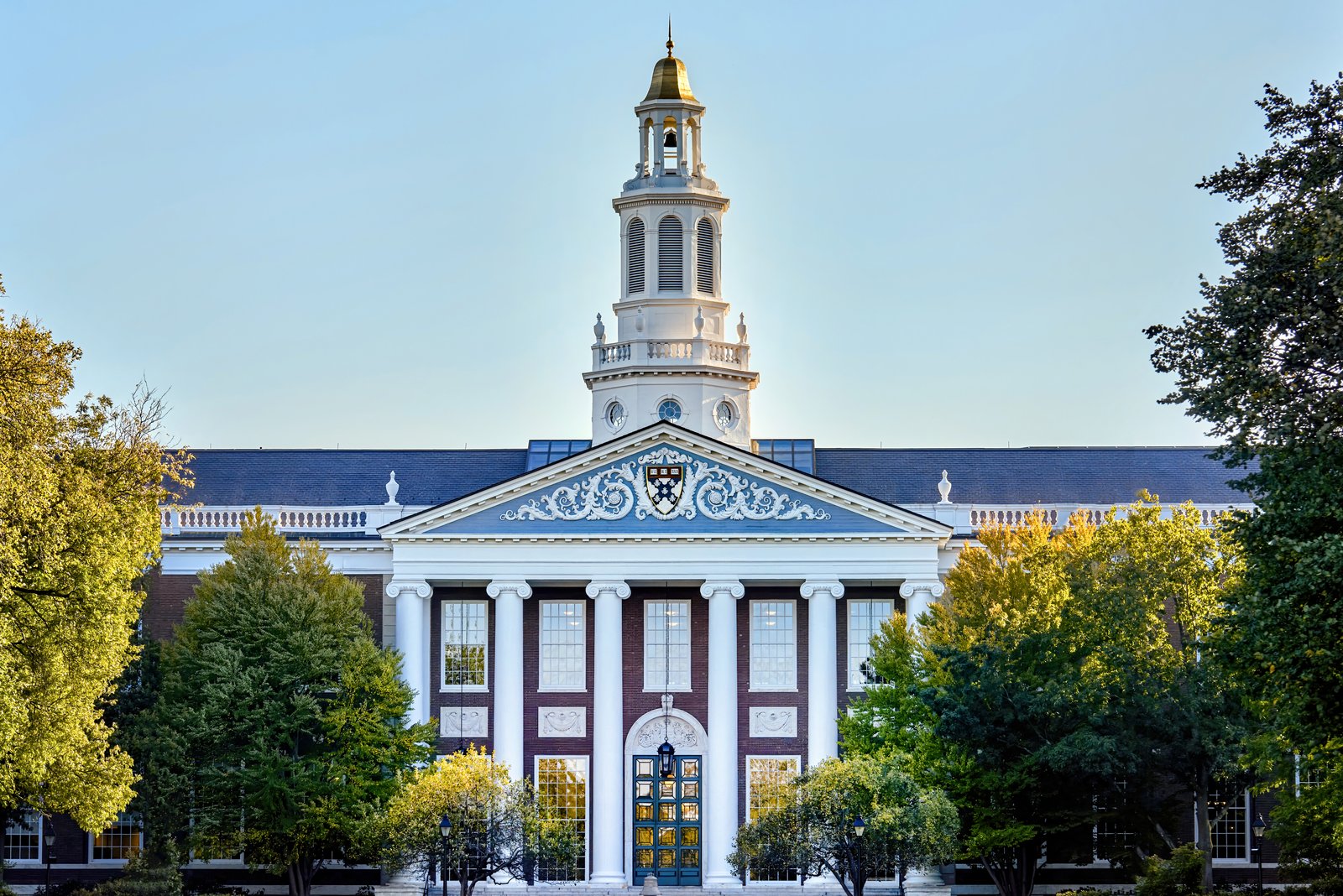Harvard develops an antibiotic that can prevent one million deaths per year

Image by Frimufilms
Researchers and scientists at Harvard University have successfully created an antibiotic that can fight multiple drug-resistant bacteria called superbugs. This antibiotic is expected to save more than one million patients every year.
Harvard’s new antibiotic contains a synthetic compound called cresomycin which is found to be highly effective against drug-resistant bacteria. It can successfully target bacterial cells that have developed a defense mechanism against existing antibiotics in the market.
Antimicrobial resistance (AMR) within the human system is a growing risk to public health across the world. With insufficient research and development in this area, the United Nations Environment Program estimates that it could kill up to 10 million people a year by 2050.
However, only 12 new antibacterial drugs were introduced to the market between 2017 to 2021, and only one of them is considered effective against superbugs. Thus, breakthroughs such as this are a crucial step forward in the development of antibiotics to counter the risks to public health by bacteria.
The World Economic Forum has also launched the Global Future Council on the Future of Tackling Antimicrobial Resistance to develop a global strategy to address these concerns.



